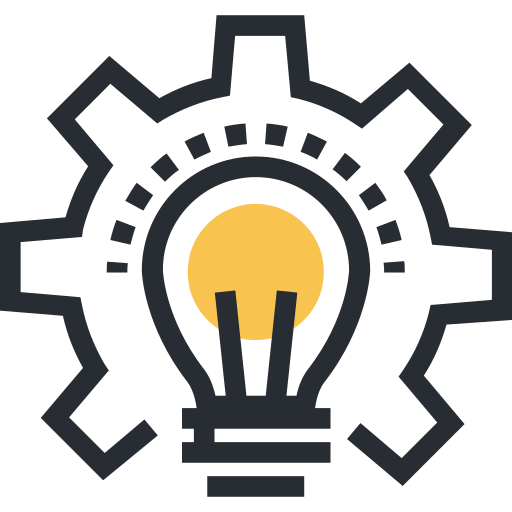Goal of the studies
After completing the programme, the student understands the varieties of models and data created in the real-estate and construction sector and has gained hands-on capabilities to apply, develop and implement modern computational methods and tools to process them, with the purpose of increased quality, sustainability, productivity, and security of construction.
The student has become familiar with
• the heterogeneous models of built environment (building information models, city models, product data, etc.),
• secure and organized data management and sharing technologies and practices in construction, and
• point clouds, sensor data, and event data generated over the construction lifecycle.
The student has acquired the following knowledge and skills to meet the demands of the construction sector:
• utilize computational tools to query, process, link, enrich, and manage the data,
• create, modify, and optimize the models algorithmically,
• understand and utilize the artificial intelligence technologies, and
• develop and extend models and systems.
Structure of studies
Extent of the studies is 60 ECTS credit points and duration 1,5 years.
The programme consists of
• Common studies 20 ECTS
• Elective studies 10 ECTS and
• Master’s Thesis 30 ECTS
Topics
The Computing in Construction programme looks at the construction sector from a data perspective: what kinds of data is produced and consumed over construction lifecycle. Also models of different kinds – BIM models, city models, point clouds, etc. – are seen and used as particular types of data.
The overarching themes in the studies are (1) linking different kinds of data with each other across models and datasets, and (2) interoperability of systems: how systems can use data produced by others, and how workflows could be automated. (It should be stressed that the programme does not teach the use of BIM authoring tools, practices of BIM-based design, BIM coordination, or other such skills).
The specific topics of studies are the following:
• Computational representations of the built environment
o BIM and openBIM standards: IFC, bSDD, BCF, and IDS
o City models and CityGML/JSON
o Ontologies relevant to the construction domain
• Management and sharing of construction data
o ISO 19650 standard for BIM-based information management
o Linked data and decentralized data management
o Cybersecurity in construction
• Data gathering over the construction lifecycle
o Point clouds from laser scanning, photogrammetry, or depth cameras
o Sensor data from BAS and IoT systems
o Event data from GS1-based systems
• Computational design and optimization
o Algorithmic design with Rhino/Grasshopper
o Multi-criteria optimization
• Artificial intelligence, machine learning, and reasoning
o Basic technologies of machine learning, combinatorial search, and reasoning
o Knowledge graphs, linked data and ontologies in construction
o Applications of large language models and foundation models in construction
• Digital twins in construction
o As-built and as-maintained BIM models
o Update processes and sensor data integration
o Data access, analysis, prediction, and visualization
See Computing in Construction curriculum in Studyguide
Mode of study
The language of studies is English and the programme is arranged as day-time studies: students need to be prepared to attend the classes from Monday to Friday. The schedules will be published closer to the start of the academic year.It is highly recommended that every student will have an own laptop computer with the necessary rights to administer it, in order to be able to complete exercises, assignments, and project work.
During the classes, the students will do active software work on the above-mentioned topics, mostly using Python programming language.
Therefore, the students need to be prepared to install, manage, and work with
• various open-source tools (such as Python, Visual Studio Code, Blender Bonsai, CloudCompare, MQTT brokers/clients, or GraphDB), and
• program libraries in Python (such as IfcOpenShell, Open3D, Paho MQTT, or RDFlib).
Prerequisites for admission
1. Suitable Bachelor or Masters degree: Bachelor of Engineering degree or similar, as detailed in the admission criteria
2. Work experience: Two years of degree-related work experience, after gaining the degree
3. Admission course(s): The completion of the mandatory admission course in Python programming (3 ECTS).
o Two optional courses in JavaScript programming (5 ECTS) and SQL and Relational Databases (3 ECTS) will give more points towards admission.
o All courses are available as non-stop online courses.































Leave a Reply